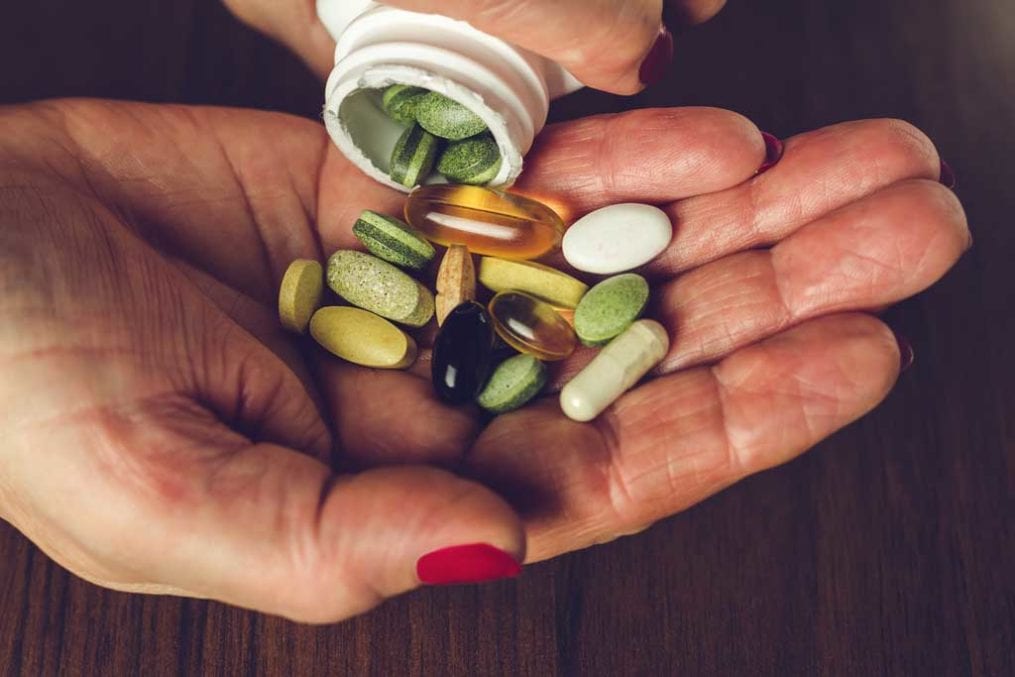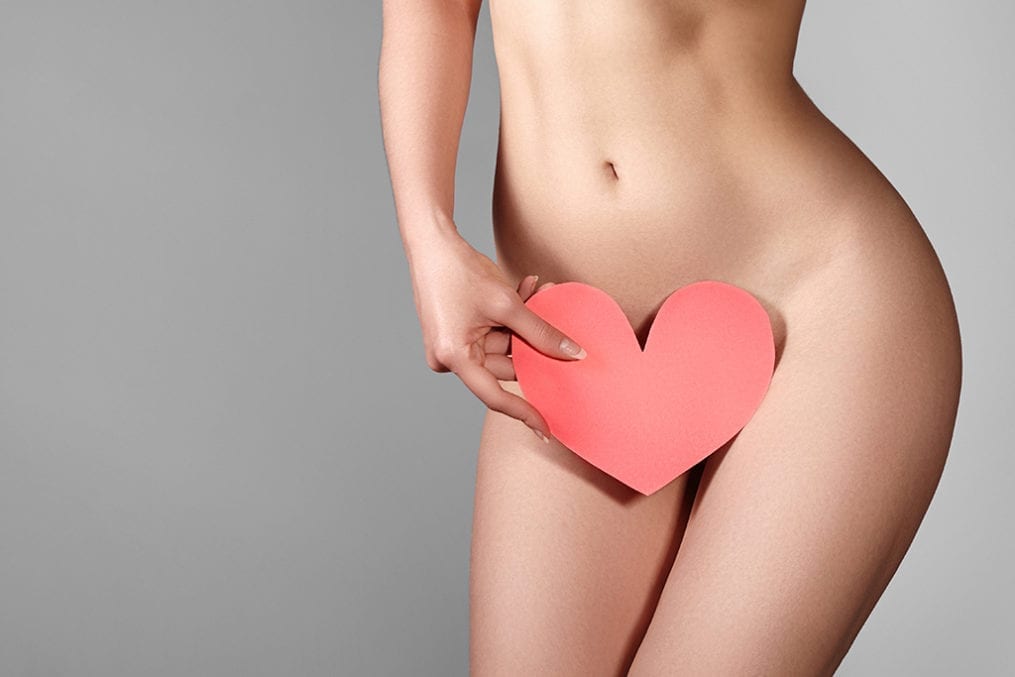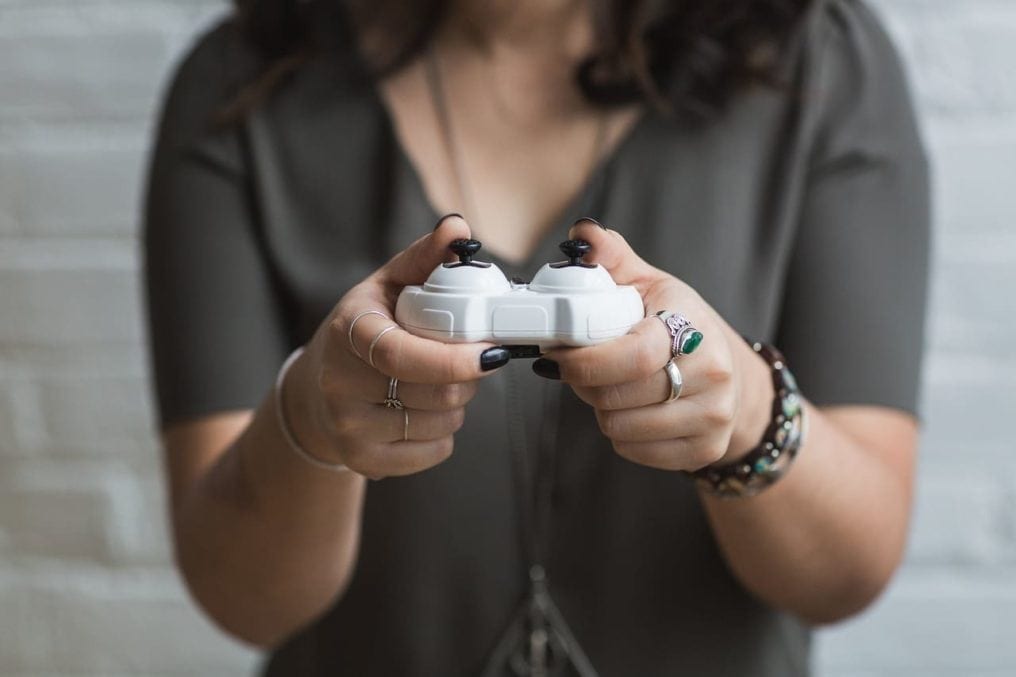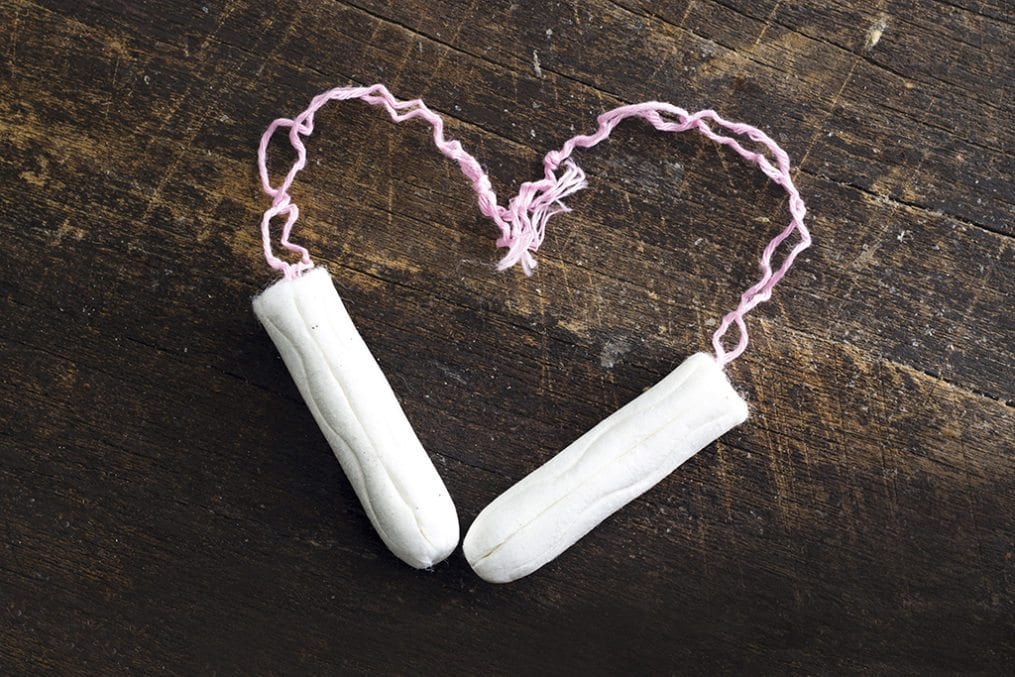5 ways to beat PMS naturally

For millions of women in the UK premenstrual syndrome (PMS) can be a total life-ruiner. Known as a ‘quality of life’ condition, symptoms range from mild to severe, and some of the most distressing and common include mood swings, depression, irritability, and loss of self-confidence.
Physical symptoms include bloating, breast tenderness, headaches, and heavy and painful periods. Around 90 per cent of women in the UK experience PMS-type symptoms while 30 per cent experience moderate to severe symptoms. Before you cancel your evening out and reach for the high-strength painkillers, remember complementary therapies can cure all sorts. So take a look at our roundup of the most effective ones to help you beat PMS naturally, and get your life back.

1. Vitamin and mineral supplements
Vitamin B6, calcium and magnesium are your friends. In a nutshell, the vitamin B6 and the minerals calcium and magnesium help your body to manufacture neurotransmitters (brain chemicals), such as serotonin (a happy hormone), which you need to maintain a stable mood. Falling neurotransmitter levels cause the depressive symptoms in PMS, which make us so miserable each month. If you naturally have a lower background level of serotonin and the levels fall further premenstrually, then you’re more likely to suffer from PMS. Makes sense, yet this is so often misunderstood – as many of us are all too aware.

2. Happy herbal remedies
That’s red clover and agnus castus. Red clover is one of the richest sources of isoflavones, a combination of phytoestrogens plant oestrogen preparations. Turns out oestrogen and phytoestrogens also increase serotonin levels, which is why red clover is believed to increase the production of neurotransmitters. With agnus castus, it’s still unclear what the mechanism is, but the theory goes that it can help to increase the levels of encephalins and endorphins, which are the feelgood transmitters in the brain.

3. Acupuncture
In case anyone needs a refresher, acupuncture is a treatment based on ancient Chinese medicine. Some women find acupuncture helpful and studies show it to be of some benefit. This is probably because it helps with relaxation, and anything that helps to lower stress levels can reduce the perception and severity of PMS symptoms, but also because it affects the body’s anxiolytic (anxiety) and pain pathways.
Work on de-stressing your daily routine and you could find PMS less of a problem next month

4. Evening primrose oil
Another old favourite, evening primrose oil is used as a universal panacea. While there is no firm evidence that it helps for PMS, most women with symptoms have tried it. It’s also good for cyclical mastalgia (breast pain) – go on, give it a go.

5. Keep consistent
It’s worth remembering that if complementary therapies are used in PMS, they should be taken continuously. Whichever remedy you’re using, building up good background levels of these remedies is probably the most effective way of successfully treating their corresponding symptoms. Keep it natural and you could banish PMS next month.











